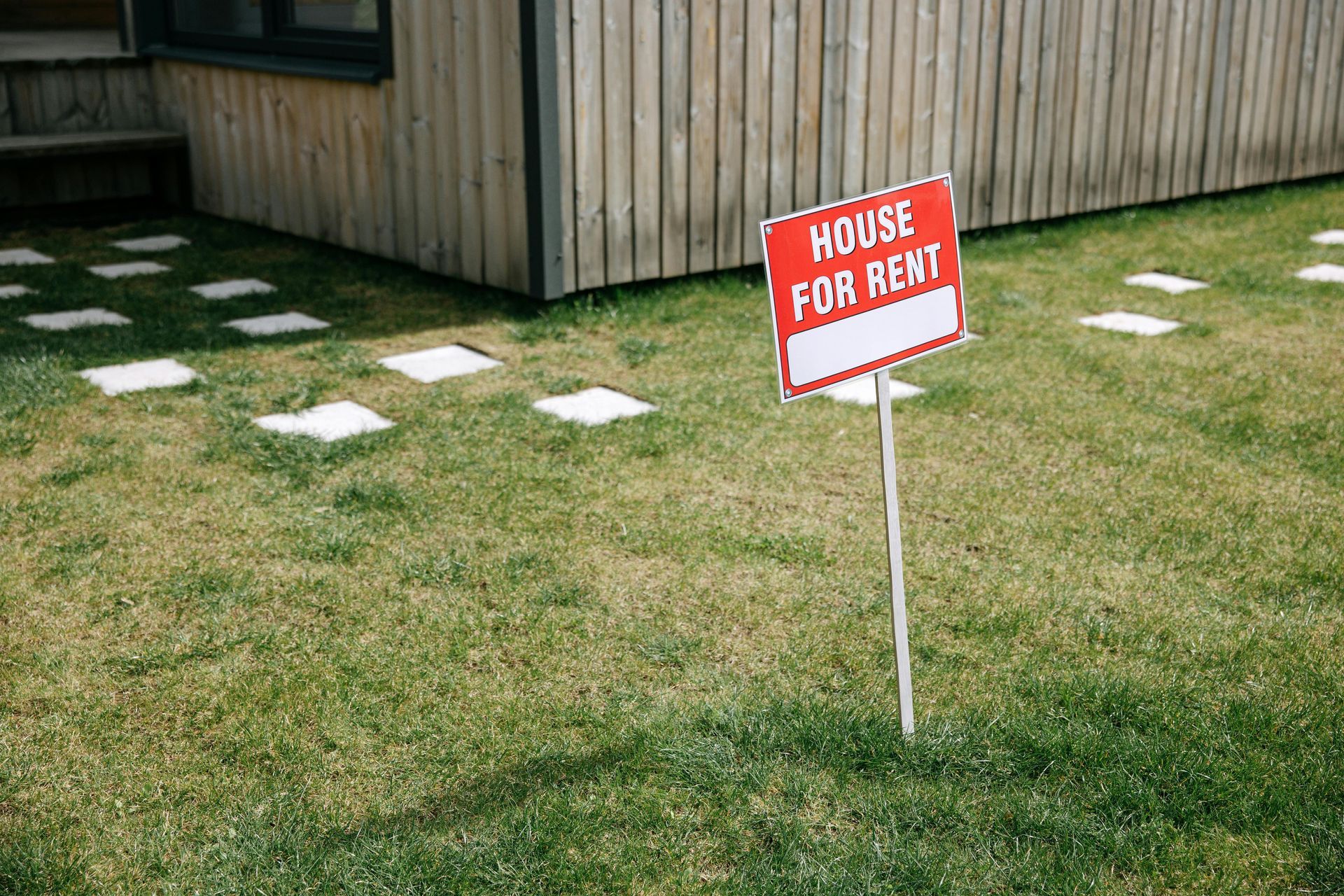Informacion sobre Divorcio
Jose David Alcantara, Abogado
Direccion: 1125 Atlantic Ave. Suite 541
Atlantic City, New Jersey 08401
Telefono :
(609) 782-2494
email:
jda84375@gmail.com
Un divorcio o una separacion es una de las mas dificiles y emocionales experiencias que le puede suceder a una persona. La intencion del matrimonio, en general, es encontrar un medio de felicidad y amor en este mundo tan complicado. La terminacion del matrimonio, asi como su transicion, puede ser deprimente y concluir con una situacion financiera dificil que afecte a las personas para el resto de sus vidas.
Las proximas recomendaciones son respuestas a algunas preguntas generales sobre su divorcio. Esta breve introduccion no debe reemplazar el consejo especifico de un abogado sobre su caso en particular. Cada caso es diferente.
QUE TIPO DE DIVORCIO SE RECONOCE EN LAS LEYES DE NUEVA JERSEY?
La ley es diferente en cada Estado. En Nueva Jersey, existen cuatro formas principales de solicitar un divorcio :
- Extrema crueldad
- Separacion de 18 meses
- Desercion de 12 meses
- Adulterio
Tambien existen otras varias causas para solicitar un divorcio incluyendo, falta de informacion sobre antecedentes criminales, un matrimonio anterior que aun sigue valido, adicion a las drogas, una enfermedad, problemas psicologicos o comportamiento sexual anormal, etc.
Cada tipo de divorcio requiere que ciertas condiciones legales existan para que se pueda cumplir el proceso legal que supone el divorcio.
Por ejemplo, un divorcio basado en " EXTREMA CRUELDAD " no requiere que la "crueldad" sea " extrema ", sino que basicamente tienen que existir razones legales suficientes para declarar, en el enjuiciamento por parte del juez, que hay motivos para un divorcio. Siendo asi, "extrema crueldad" incluye actos como, abuso verbal, falta de intimidad, actos de violencia, falta de comunicacion, falta de atencion, etc. Legalmente, los juzgados requieren algunos detalles con fechas especificas de los actos u omisiones concretos para determinar exactamente la base de incapacidad para permitir la continuacion del matrimonio.
En un caso de SEPARACION, el solicitante tiene que alegar y probar que han estado separados durante mas de 18 meses sin interrupcion, y que durante este tiempo no han tenido ninguna relacion intima. Cualquier acto de regresar a convivir juntos significa que, legalmente, la pareja no podra divorciarse bajo este tipo de divorcio hasta que se separen otra vez durante 18 meses. Bajo la ley, la separacion de 18 meses es prueba evidente de que el matrimonio esta completamente arruinado y entonces no hay necesidad de probar cualquier otra acusacion ( adulterio, extrema crueldad, etc.).
En referencia a la DESERCION, el solicitante debe alegar y probar que han estado separados, y sin ninguna relacion intima, durante mas de 12 cmeses. La separacion debe de ser involuntaria al principio y que la desercion continue hasta el dia presente.
En referencia al ADULTERIO, hay ciertas clarificaciones necesarias para entender este tipo de divorcio. Hay que evitar confusion en esta parte de la ley. Por ejemplo, no es necesario probar que definitivamente el esposo-a durmio con otra persona. No es necesario tener las fotografias en las que el-ella estaba durante el acto intimo, no es necesario ser tan grafico. Los juzgados han declarado repetitivamente que las pruebas indirectas pero creibles son suficientes para establecer los elementos probatorios requeridos para demostrar el adulterio. Tambien es suficiente prueba, en ciertos casos, si se ha visto al esposo-a aparecer en un hotel a horas sospechosas durante largos periodos de tiempo sin explicacion razonable. Por ejemplo, el ser visto en un hotel con otra persona en circunstancias sospechosas ( no estaba en el trabajo, reunion,etc.), entonces, estos actos serian suficiente, en parte, para probar y obtener un divorcio basado en adulterio.
Se debe anotar que en Nueva Jersey, una esposa o esposo que pueda probar que su trauma o danos fisicos se han producido directamente por la relacion matrimonial, podria recibir una compensacion en el juzgado de lo civil por tales danos, con tal que tenga el informe medico y se pueda relacionar la culpa al matrimonio.
QUE ES LA ANULACION ?
En general, la anulacion es una nulidad del estado matrimonial debido a razones legales que mantienen invalido el contrato matrimonial desde el principio. Una anulacion declarara que el matrimonio nunca fue matrimonio. Ejemplos donde una nulidad esta permitida son:
- El o ella ya estaba casado o casada, no divorciado o divorciada, cuando se caso con la nueva esposa o esposo.
- Cuando el o ella no entendia que estaba casandose, debido a la influencia del alcohol o las drogas, limitaciones mentales, etc.
- Cuando el o ella fue forzado o forzada o amenazado o amenazada a casarse.
- Cuando el o ella, inmediatamente despues del matrimonio, desaparece sin explicacion y no se le puede encontrar, y ademas, no ha habido todavia ninguna relacion intima entre ambos.
- Cuando el o ella falta en ser sincero a la hora de explicar un dato serio y significante que podria haber afectado la decision de la otra persona de casarse ( antecedentes criminales, diferente religion, diferente raza, homosexualidad, deseo de no tener ninos, etc.).
SI NO SE PUEDE ENCONTRAR AL ESPOSO O A LA ESPOSA, TODAVIA SE PUEDE OBTENER EL DIVORCIO?
Lo cierto es que si. La ley requiere que el " proceso debido " del esposo no encontrado sea protegido. Esta proteccion al desaparecido consiste en recibir notificacion de la demanda en proceso a traves de carta por correo ordinario, certificada, y por un oficial del juzgado. Despues de agotar todas estas formas de notificacion, entonces, es necesario suplicar al juzgado para obtener servicio sustitorio. Este proceso es un poco problematico y, legalmente, consiste en una publicacion en la prensa local.
LA LEY Y LOS MEJORES INTERESES PARA LOS NINOS :
Un divorcio es una experiencia dolorosa para los adultos. En los terminos mas sencillos, un divorcio es cuando ambas partes no son capaces de resolver sus diferencias aun despues de obtener un consejero, psicologo, asistencia de la iglesia, etc. Para los ninos el divorcio es peor todavia, porque estan perdiendo una familia unida. Se recomienda que ambas partes resuelvan el divorcio a traves de un acuerdo en lugar de litigar el caso en juicio y dejar que un juez decida el futuro de los dos. Si van a juicio, va a haber gastos adicionales de abogado, expertos, asesores del valor de la casa, estimadores, examenes psicologicos y otros gastos mas.
Todos los Estados de los Estados Unidos de America han creado leyes para proteger los mejores intereses de los ninos en un divorcio. Los juzgados ven a los ninos como victimas del divorcio y les dan una atencion especial. Normalmente, las razones para litigar un divorcio son la custodia y visitas de los ninos.
Las leyes son diferentes de Estado a Estado. Es importante consultar con un abogado antes de cambiar de un Estado a otro.
En Nueva Jersey por ejemplo, la presuncion es de custodia " joint ", o sea, compartida por los padres, segun la Ley NJSA 9:2-4 y 9:17-40. Por lo general, la ley requiere que los dos parientes tengan una decision conjunta en cuanto a la salud, escuela, medicacion, preparacion, etc. de los ninos; a menos que existan algunos factores negativos para quitarles los derechos al padre o a la madre. Los juzgados desean que los dos parientes tengan responsabilidades en la ayuda de los ninos con asistencia emocional, fisica y hasta espiritual. Un divorcio es una experiencia horrible para los ninos y hay que tratarlos con mucha delicadeza para evitar que tengan problemas mas tarde como adultos.
El juzgado permitira casi cualquier decision de custodia que sea, en el buen interes de los ninos en la relacion. La custodia podria ser conjunta : 3 dias el y 4 ella; 5 dias ella y el fin de semana el; 6 meses ella y seis meses el; etc.; dependiendo de cada circunstancia. El juzgado puede incluso asignarle el caso a un representante de los ninos, aparte de los parientes, para que independientemente represente los intereses de los ninos.
Muchos padres malinterpretan el termino " joint custody ". La intencion general de " joint custody " o custodia conjunta es mantener a cada pariente involucrado en la vida del nino, incluyendo decisiones sobre educacion, el mejor medico, la escuela, la medicina, la ninera, etc. Entonces, es importante ver algo mas que solamente el termino usado en cada divorcio para entender mejor su significado en cada caso, ya que cada caso es diferente.
Es posible tambien que el juzgado le brinde custodia solamente a un pariente con visitas limitadas o liberales al otro. Las visitas pueden ser flexibles o estructuradas, segun el caso. En el supuesto de que ninguno de los padres sea capaz de tener la custodia ( los dos estan en la carcel, drogadictos, muertos, etc. ), entonces, los familiares o el juzgado toman posesion legal de los ninos, despues de una investigacion y juicio.
DISTRIBUCION EQUITATIVA O IGUALITARIA DE LOS BIENES MATRIMONIALES
La Corte, en la mayoria de los Estados, y ademas de la pension alimenticia y sostenimiento o manutencion de los hijos, puede decidir la distribucion de las propiedades que las dos partes adquirieron legalmente durante el matrimonio, segun consta en los estatutos anotados de New Jersey: NJ 2A : 34-23, et. Seq. En casi cada estado existen formas legales que tratan sobre las publicaciones acerca de la distribucion equitativa o igualitaria de los bienes matrimoniales.
En cuanto a establecer alguna definicion acerca de que es distribucion equitativa, el Juez Pashman declara sucintamente en el caso de Kikkert v. Kikkert , 88 NJ 4 ( 1981 ) :
" El objeto de la distribucion equitativa o igualitaria se diferencia del proposito de la pension alimenticia y manutencion de los hijos. La pension alimenticia y manutencion de los hijos pueden ayudar a mantener los beneficios o ingresos de ambas partes durante cierto tiempo, utilizando los ingresos de una parte para sostener a la otra. Sin embargo, la intencion principal o primaria de las leyes sobre distribucion equitativa de los bienes de la propiedad matrimonial no consiste en compensar por los cambios en la fortuna de cada una de las partes una vez que se han separado, sino cumplir una distribucion justa de lo que las partes, provechosa y legalmente, adquirieron mientras estaban unidos. "
A la hora de decidir o aplicar justamente los principios de distribucion equitativa de los bienes matrimoniales, la Corte usualmente examinara, ademas de otros factores o requisitos, los siguientes:
A. El estado o situacion economica de las partes en el momento en que las propiedades o bienes seran divididas.
B. El tiempo o duracion del matrimonio.
C. Los ingresos o propiedades que cada parte trajo o introdujo en el matrimonio.
D. El nivel de vida experimentado por las partes durante el matrimonio.
E. La condicion mental, fisica y emocional de cada esposo.
F. Cualquier acuerdo prenupcial, es decir, antes o en el momento de celebracion del matrimonio.
G. La ayuda o asistencia que cada parte del matrimonio hubiera prestado a la otra durante la vida del mismo matrimonio, como educacion, apoyo financiero o de otra clase, etc.
H. El valor actual de cada bien, articulo y propiedad.
I. El impacto o las consecuencias con respecto a las leyes de impuestos o tasas.
J. Las necesidades concretas o particulares del esposo o esposa que tiene, o tendra el cuidado y manutencion del hijo o hijos, especialmente en relacion a la residencia.
K. Las deudas y obligaciones de cada esposo.
L. La capacidad para ganar dinero que tiene cada parte : educacion, experiencia, edad, estabilidad o inestabilidad en el trabajo, educacion necesaria para prepararse o practicar en un trabajo, etc.
Estos factores o requisitos son similares a los que la Corte considera en referencia a los casos que envuelve la cuestion de la pension alimenticia. La distribucion equitativa de los bienes matrimoniales ve al matrimonio como una especie de negocio, entonces, considera, por ejemplo, si la esposa (incluso indirectamente) participo en el desarrollo del dinero o negocio matrimonial, manteniendo en buenas condiciones el trabajo en la casa y cubriendo las necesidades del marido, cuidando a los hijos y por ello perdiendo o dejando a un lado cualquier posibilidad de desarrollar su capacidad laboral fuera de la casa, al mismo tiempo que su capacidad para realizarse como profesional, no estudia una carrera o trabaja fuera de la casa, etc.
Cuando decida proceder a un divorcio, tenga cuidado como escoge a su abogado. Pregunte en mas de un lugar. Si un abogado le ofrece alguna " garantia " de como va a resultar su caso, pidale que se lo ponga por escrito, ya que en las leyes sobre divorcio hay pocas garantias permanentes.


